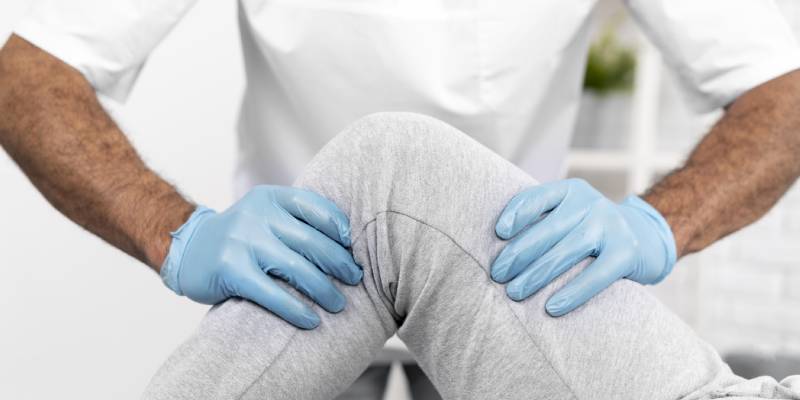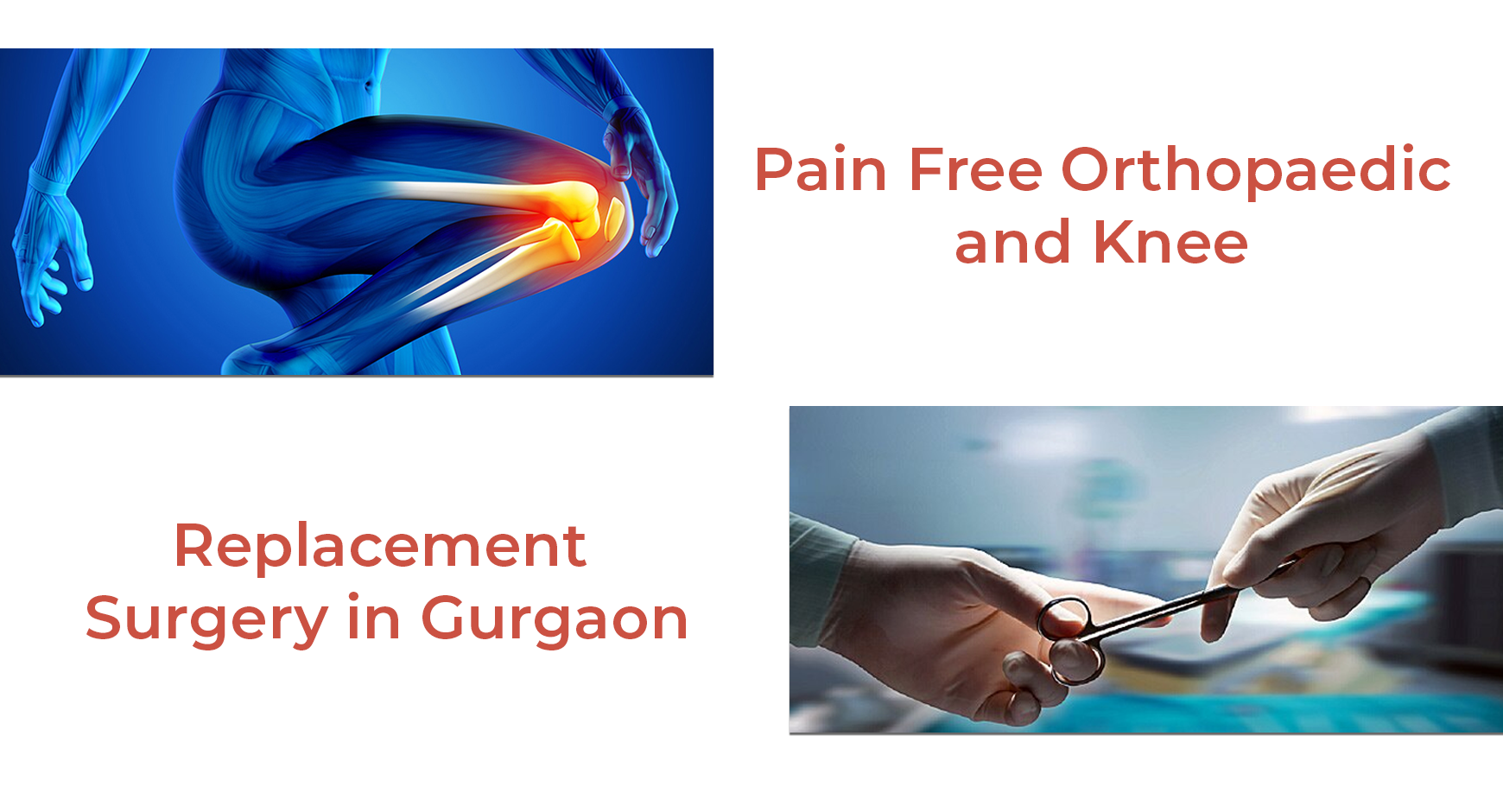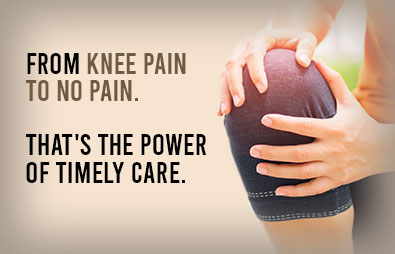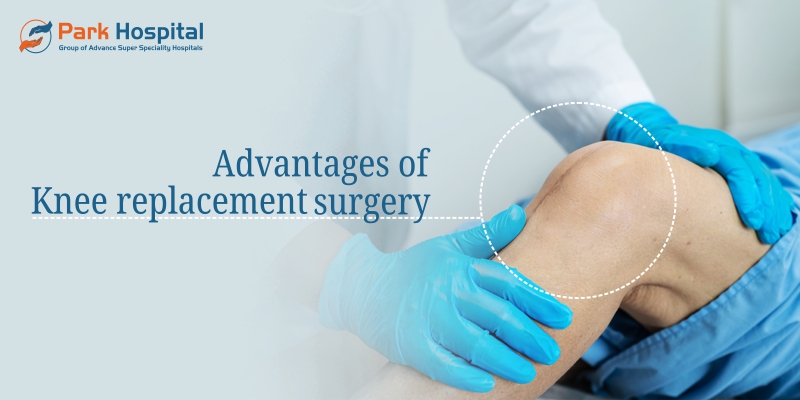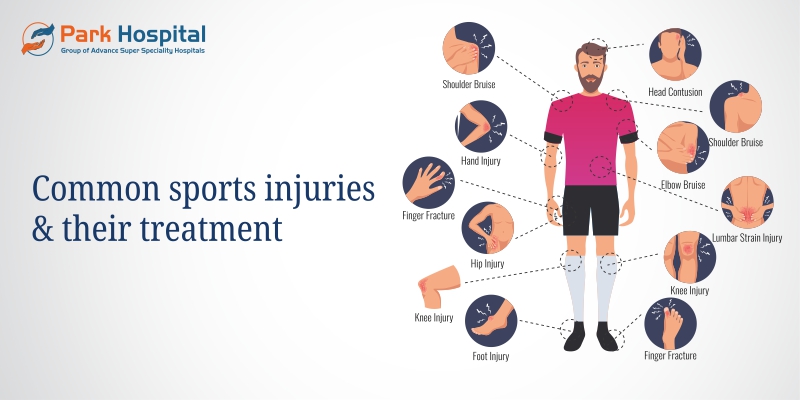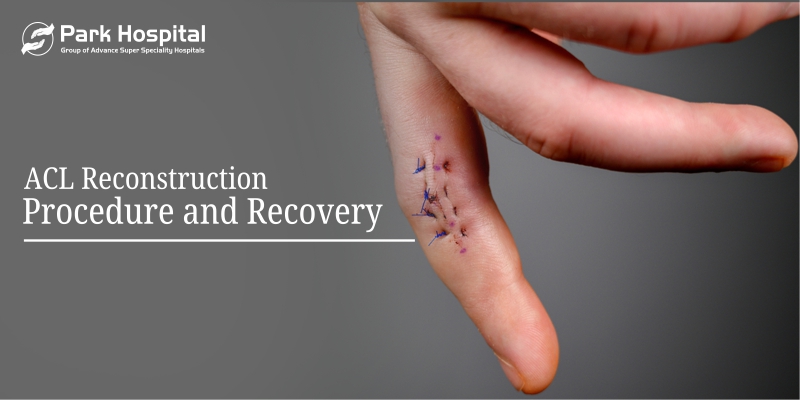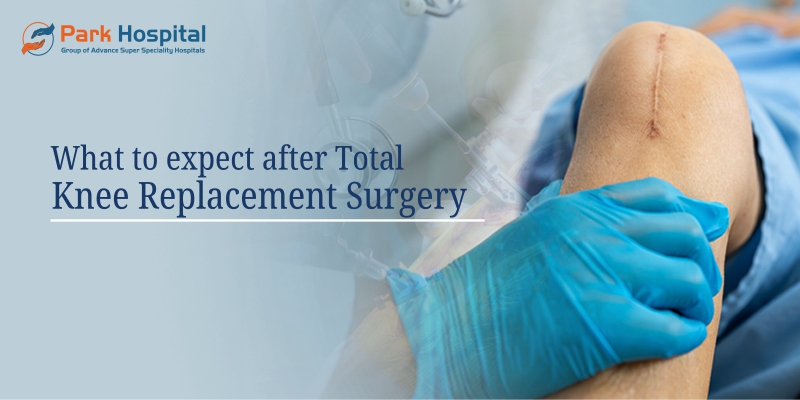For the human body to function effectively, each and every part is needed to do its job properly. The bones not only provide structure and strength but also mobility and flexibility through joints. The joints absorb and transfer the stress, the rigid and hard bone undergoes every time we move or stretch or even lift a finger.
A knee is a joint, like the elbow or ankles, designed to be shock absorbers of our body so that we can move or lift or walk or run. Normal walking puts about twice the pressure on your knees of your body weight. With running it can go up to eight times.
Knee replacement surgery, or arthroplasty, is the surgical procedure to replace the knee damaged by diseases like arthritis or severe injury.
Types of Arthritis
- Osteoarthritis – A degenerative condition that affects mostly middle-aged and old people and causes the breakdown of joint cartilage and adjacent bone in the knees.
- Rheumatoid arthritis causes inflammation of the synovial membrane and results in excessive synovial fluid leading to pain and stiffness.
- Traumatic arthritis, arthritis due to injury, may cause damage to the cartilage of the knee.
What is arthroplasty?
In arthroplasty, the damaged kneecap and cartilage are replaced by a prosthetic made of metal, or high-grade plastic, or polymers. There are two types of procedures:- total and partial knee replacement depending on the damage incurred by the knee.
X-Rays are the common method of diagnosis. If the knee is not severely damaged then treatments other than the surgery can be suggested by the doctor. Even losing extra weight can provide a lot of relief as the pressure on the knee is directly proportional to the weight.
Risks and Aftermath
Knee replacement surgery has become quite common as many people opt for it rather than living with pain and functioning on half-efficiency. Like any surgical procedure, it comes with some risks like internal bleeding, infection, loosening of the prosthetic, or blood clots.
In some cases, the pain might even remain after the surgery. All of these possibilities and risks are needed to be discussed with the doctors before you opt for knee replacement.
Restricted activity is encouraged just after surgery as the patient needs to move and work their new joint. The recuperation time is 6-8 weeks during which the patient is supposed to follow an exercise regimen and a specific diet plan to let them become used to the prosthetic knee.
One must get immediate medical help if there is fever, swelling, or discharge from the operated area. Most prosthetic knees last for 12-15 years if you take care of them and most patients benefit greatly from this procedure living a life bereft of pain and immobility.
If you are looking for a hospital to perform a knee replacement surgery in West Delhi, or just consultation about joint pains and arthritis, visit or contact an Orthopedics hospital in Delhi. Park hospitals are a chain of well-equipped and ably manned hospitals in and around Delhi NCR boasting of one the best orthopedics team at Park Hospital West Delhi.



